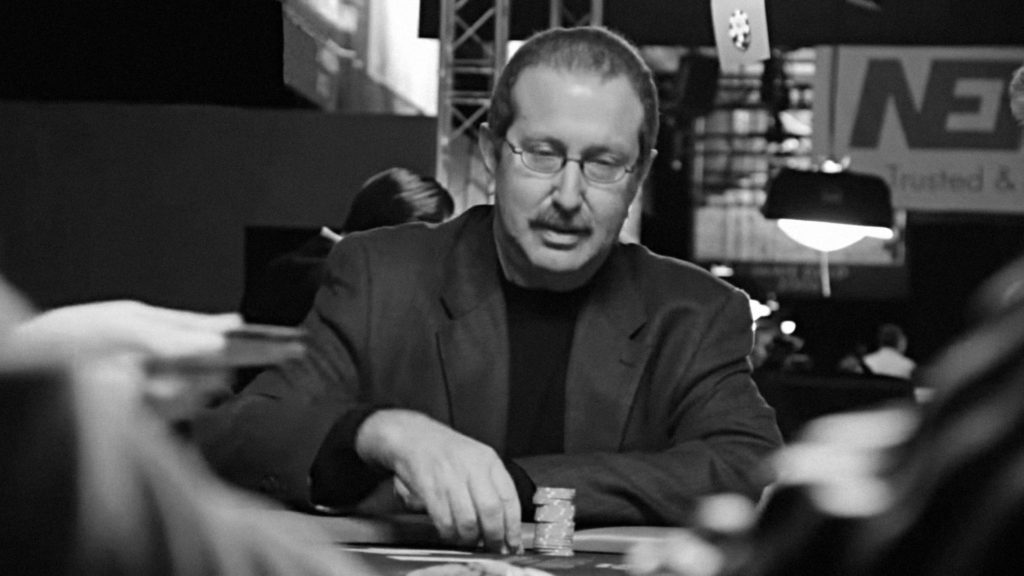What does it take to join the new NBC Sports? Its NFL coverage now includes O.J. Simpson (the running back of the ‘70s), Bobby Beathard (the executive of the ‘80s) and Bill Walsh (the coach of the ‘80s). Not exactly broadcast journalists by trade, but Executive Producer Terry O’Neil figures they’re the fresh faces that will make NBC the NFL network of the ‘90s.
As the sports television critic of the ‘80s (and beyond?), I am ready, willing, and able to join NBC Sports immediately. Why not? While Simpson, Beathard and Walsh have spent most of their adult lives at one stadium each Sunday, I’ve spent that same time watching two or three games a sitting. I’ve seen more touchdowns than Perry Mason’s seen courtrooms. O’Neil and NBC want experienced hands at the art of analyzing NFL action? I’m their guy. After all, what exactly entails analyzing a football game? They block, they tackle, they shower.
Herein lies the fundamental problem of TV football: TV types think we crave endless analysis, and all we want is down, yardage and time to go.
We get the same tired points, game after game. Every week, for instance, we’re told that whichever team protects its passer probably will win. With this we cannot disagree—it is easier to throw the ball when standing than when on your back—but the point is we don’t need to get this “analysis” every game. Yet as the adage advises: Those who can, do; those who can’t, teach; those who can’t teach, teach gym; those who can’t teach gym work color for ABC Sports.
Which brings us to the problem that sports television academicians term “the McCarverization of commentary.” This, of course, is in reference to ABC Sports’s resident obfuscatologist, baseball expert Tim McCarver. Increasingly McCarver and cheap imitators take the simplest tasks in sport—tagging a base with your foot for a forceout or running downfield without dropping the football—and make them appear to be complex, breaking them down in everyday language for the viewer. This is the equivalent of someone dismantling your bicycle in no need of repair, then putting it back together and acting as if you’ve been done a favor.
Into these environs enter Simpson, Beathard and Walsh, the latest new and improved ex-jocks in the booth.
Simpson, joining steady anchor Bob Costas, replaced Ahmad Rashad and Paul Maguire on NBC’s pregame show, “NFL Live.” (The show previously was known as “NFL Live!” but the exclamation point was dropped, reportedly for budgetary reasons.) So it’s just Bob and O.J.—excuse me, that should be Juice, as Costas referred to him endlessly (hey, Bob, you’ve gotta know when to say when with that stuff). Simpson’s presence is due to one fact—name recognition. He apparently will try to be hard-hitting, but all he showed in his debut was an ability to hold a pen without fumbling it.
“The Insiders” debuted too on “NFL Live”—Costas conducting a brief roundtable with Beathard and Sports Illustrated writer Ralph Wiley. Beathard was frank with his assessments of the 49ers without Walsh, the Bears without Jim McMahon and the Redskins without Doug Williams. Wiley, meanwhile, was bereft of inside information (allegedly his specialty). In fact, “The Insiders” did not provide inside dope so much as try to recreate the James J. Kilpatrick-Shana Alexander brawls of yesteryear, with Wiley disconcertingly aggressive. If this is to be the direction of “The Insiders,” Wiley is sitting in the wrong chair, considering Beathard’s credibility on football matters.
After “NFL Live”—which admirably had a harder news edge than in the past until reporter Mike Leonard’s DOA cutesy finale—Walsh made his debut. He had spent the preseason doing practice telecasts with play-by-play partner Dick Enberg.
The key question for most viewers undoubtedly will be: Is Walsh going to be closer to Merlin or Madden in quality?
It didn’t take much beyond kickoff to determine that Walsh already was better than NBC’s former No. 1 NFL analyst, Merlin Olsen. And it didn’t take much beyond that to determine that he’s a long way from CBS’s longtime No. 1 John Madden.
Walsh, with a pleasant voice and countenance, wore well. He was willing to assess blame (or credit) frequently, something many veteran analysts avoid as a rule. He obviously understands the game and talks about its alleged complexities in easy-to-understand fashion. Sometimes he was startling in his knowledge. And seemingly, he’ll only get better.
Still, Walsh stumbled here and there. Starting from his staged pregame chatter with Enberg, Walsh early on emulated his coaching days—his first 25 comments seemed scripted. He also fell into many pitfalls of the average analyst. For every sharp point he made, he uttered a wasted line (example: after Vestee Jackson made a big hit, Walsh remarked, “He is really playing”). Walsh used the word “push” at least 10 times, as in “the Bengals need a big push up front” or “the Bengals are beginning to get some push.” The coach should pull the push from his act. Also, Walsh struggled with a faulty telestrator, kept talking once as a commercial rolled and got the score confused late in the first half.
Like I said, I’m available.


